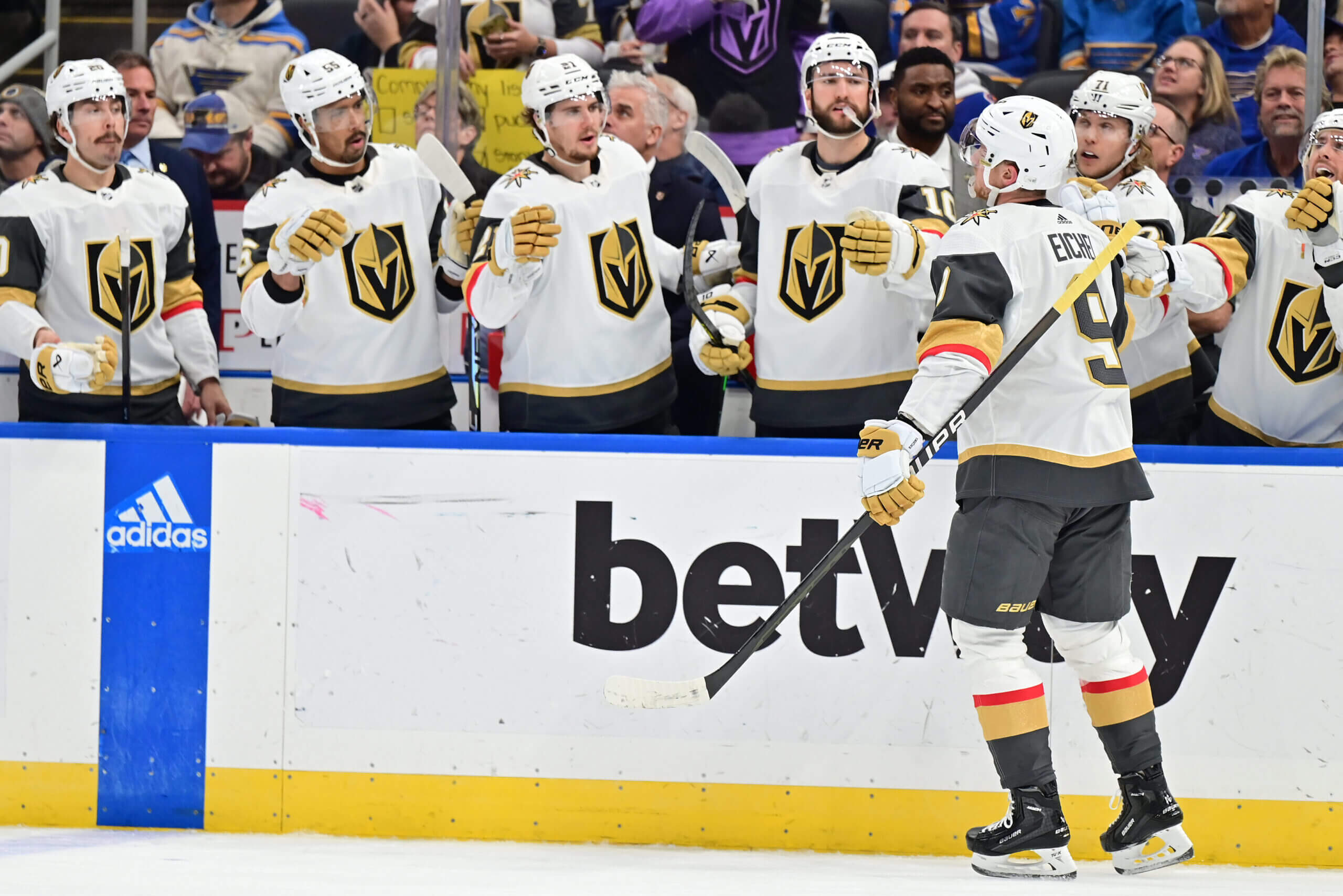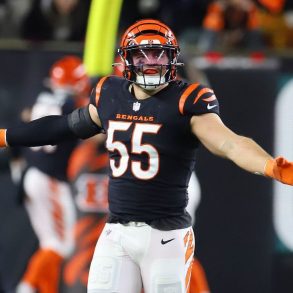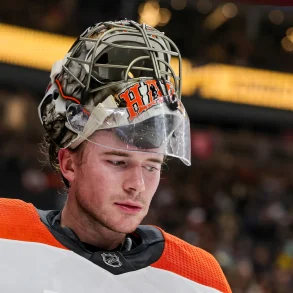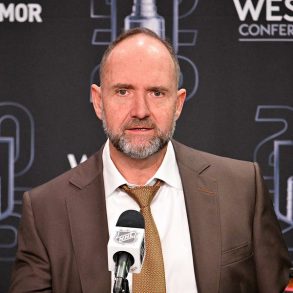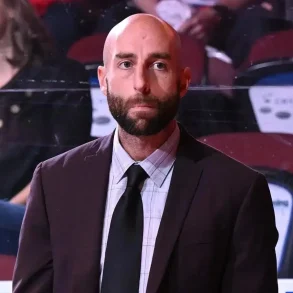At the NHL Board of Governors meeting this week, Commissioner Gary Bettman shared projections for the salary cap in the 2024-2025 season, indicating it could rise to $92.4 million. This increase would follow the current cap of $88 million, with the possibility of a slight bump depending on ongoing negotiations with the NHL Players’ Association (NHLPA). Bettman explained that under the current guidelines in the Collective Bargaining Agreement (CBA), the cap could increase by 5%, but further discussions on escrow levels and potential tweaks to the cap are underway.
While the salary cap adjustments are important, Bettman noted that the NHLPA and the League may handle these discussions separately from the broader CBA negotiations. The formal bargaining talks between the NHL and NHLPA are set to begin in February 2025, with the aim of finalizing a new CBA by 2025, before the expiration of the current agreement in 2026. Bettman mentioned that other issues, such as a new schedule format or expanding the salary cap to include the Stanley Cup Playoffs, could also be considered during these talks.
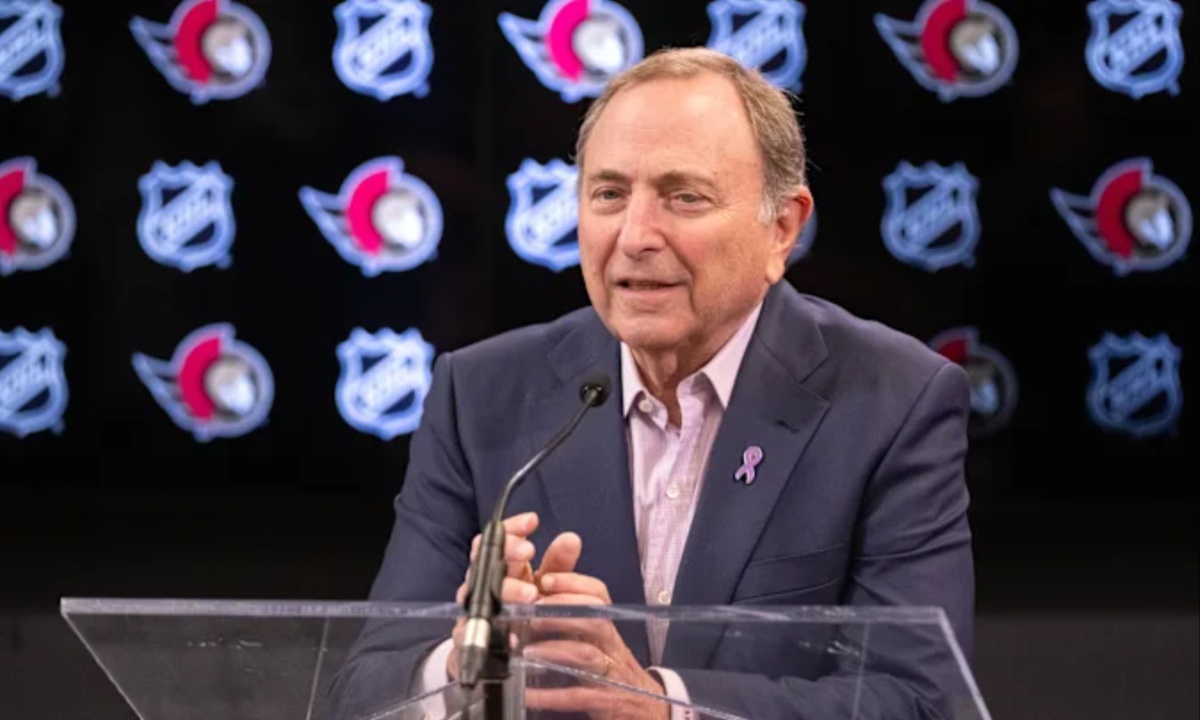
The relationship between the NHL and NHLPA appears constructive, with both parties engaging in regular discussions. Bettman and Deputy Commissioner Bill Daly expressed confidence that the upcoming collective bargaining process will proceed smoothly and efficiently. While they refrained from speculating on the details, both sides seem eager to address important issues in a way that benefits the sport’s future. The positive tone of their meetings signals a commitment to finding mutual solutions to these complex matters.
Beyond salary cap discussions, Daly provided an update on the NHL’s participation in the 2026 Winter Olympics in Milan, Italy. Negotiations with the International Olympic Committee (IOC) and the International Ice Hockey Federation (IIHF) are nearing completion, with the League confident that NHL players will participate in the event. Daly also updated the Board on the progress of the Olympic hockey arena, which is on track to be completed by October 2026, with a test event planned for December. This participation in the Olympics is part of a broader strategy to rotate NHL players into international events like the World Cup of Hockey.
The meeting also featured presentations from executives at Rogers Sportsnet and Fanatics. Bettman highlighted that the NHL’s Canadian media rights deal with Rogers will expire after next season, and exclusive negotiations will begin on January 1. In addition, the NHL’s partnership with the V Foundation for cancer research was celebrated, marking a successful first year of collaboration. Fanatics CEO Michael Rubin spoke about the transition from Adidas to Fanatics as the League’s official outfitter, emphasizing the continued growth of the NHL’s licensing business.



